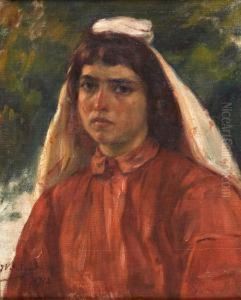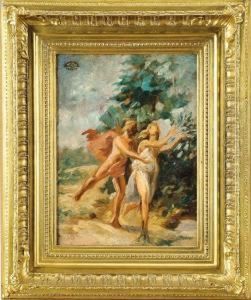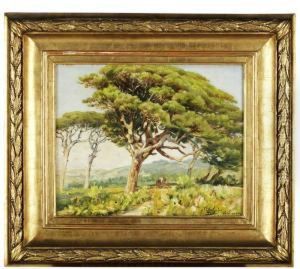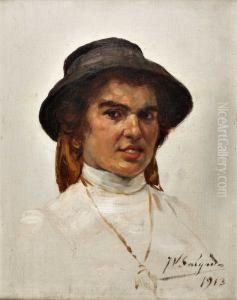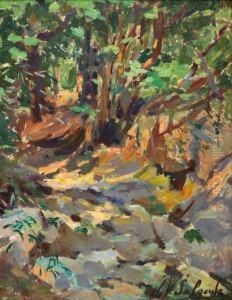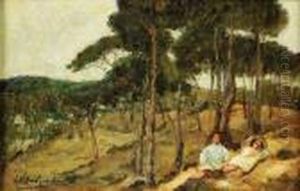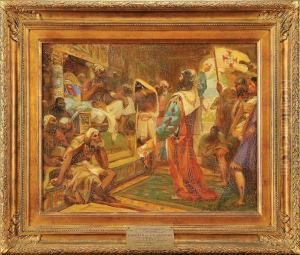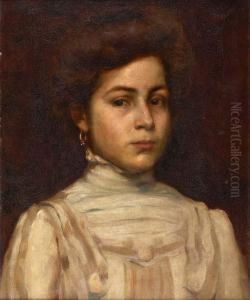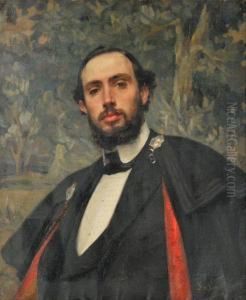Jose Veloso Salgado Paintings
José Veloso Salgado was a Portuguese painter, born on June 2, 1864, in the village of Seia, Portugal. He is best known for his historical and religious paintings, as well as his role in the Portuguese naturalist movement of the late 19th and early 20th centuries.
Salgado displayed an early interest in art and was encouraged to pursue his passion. He attended the Academy of Fine Arts in Lisbon, where he was a student of the esteemed Portuguese painter José Simões de Almeida. After completing his studies in Lisbon, Salgado continued his education in Paris at the École des Beaux-Arts under the tutelage of Alexandre Cabanel, a well-known French painter.
During his time in Paris, Salgado was exposed to the burgeoning naturalist movement, which emphasized the realistic depiction of everyday life and subjects. He was influenced by this movement and incorporated its principles into his work, which often depicted Portuguese historical events and cultural traditions. Salgado became particularly noted for his mastery of light and shadow, as well as his ability to render textures and materials with great precision.
Upon returning to Portugal, Salgado became a professor at the Academy of Fine Arts in Lisbon, where he influenced a new generation of Portuguese artists. His works were exhibited in various shows, including the Sociedade Nacional de Belas Artes (National Society of Fine Arts) in Lisbon, and he received several awards for his contributions to Portuguese art.
José Veloso Salgado's legacy is marked by his commitment to realism and a naturalistic style that captured the essence of Portuguese history and spirituality. His paintings can be found in many prestigious institutions, including the Museu Nacional de Arte Contemporânea in Lisbon.
Salgado's career spanned several decades, and he remained active in the art community until his death on October 20, 1945, in Lisbon. His body of work continues to be celebrated for its technical skill and its portrayal of an important period in Portuguese cultural history.
